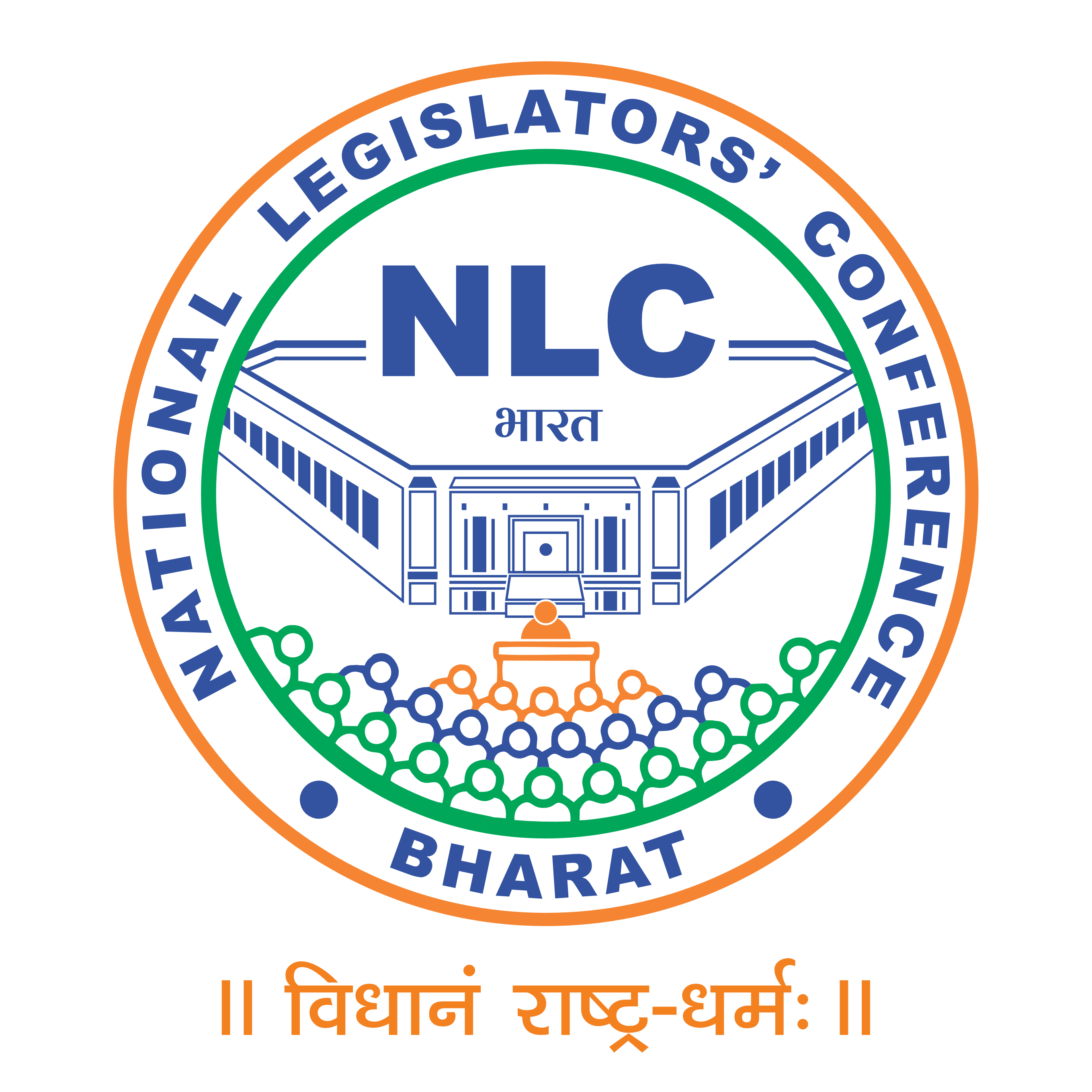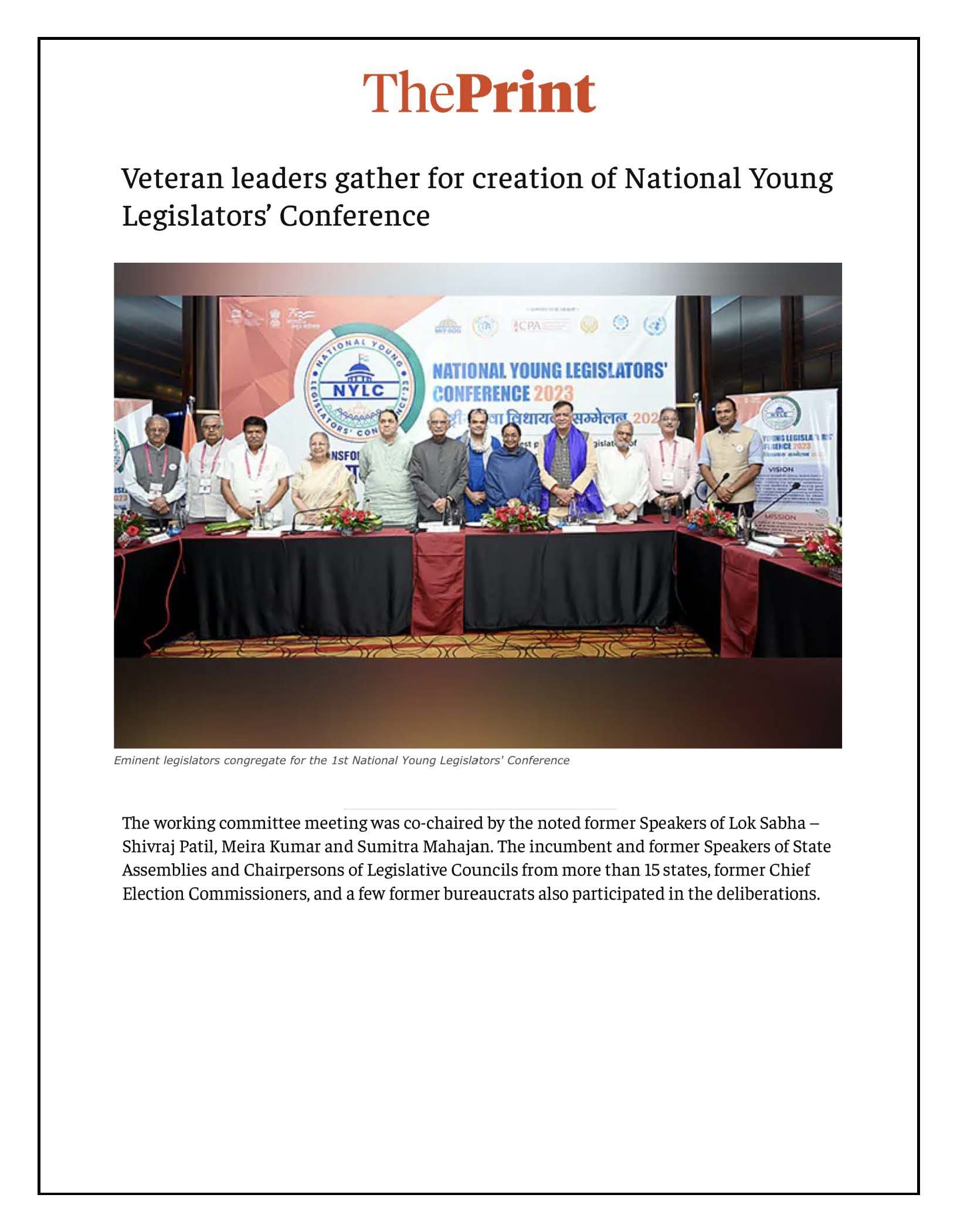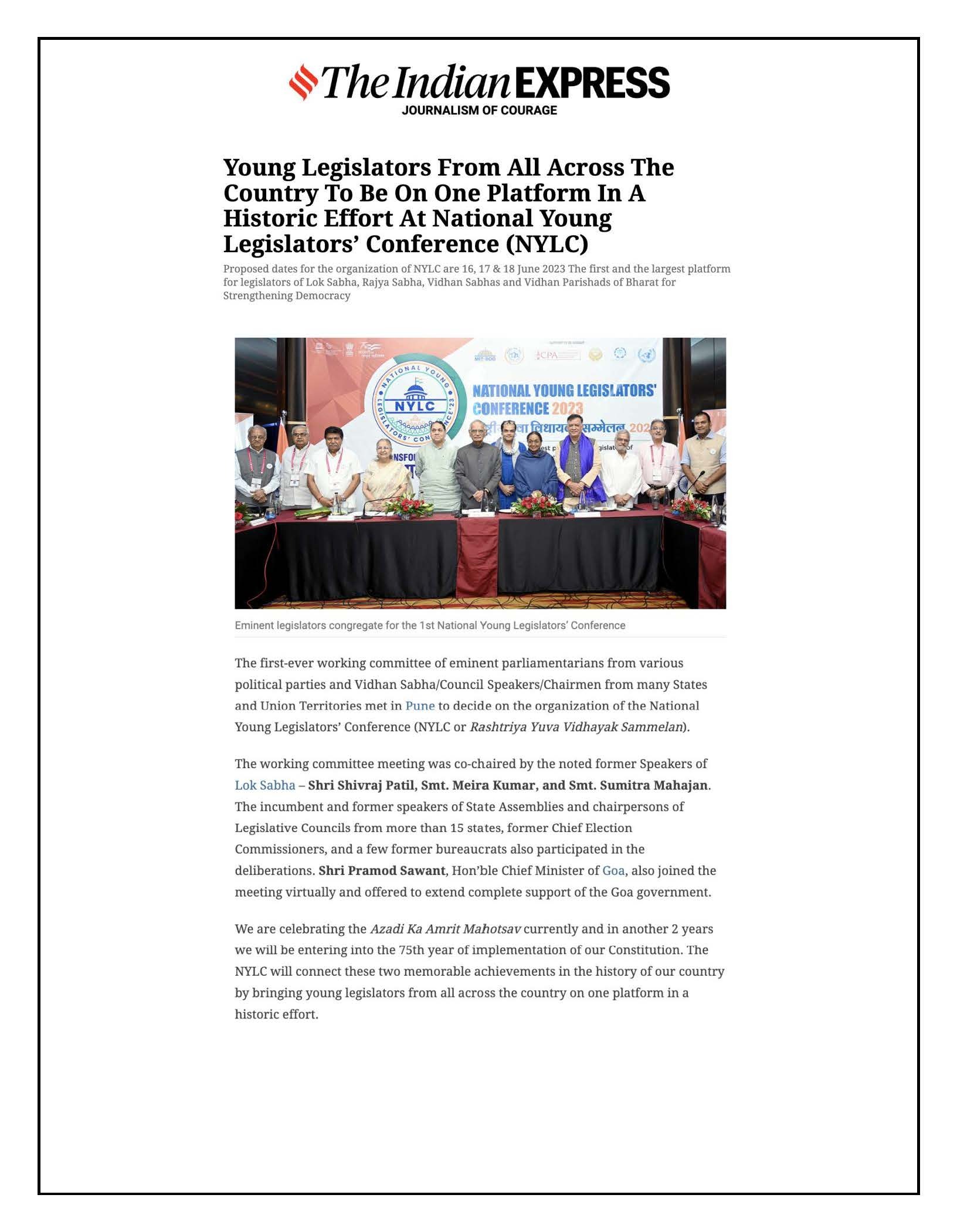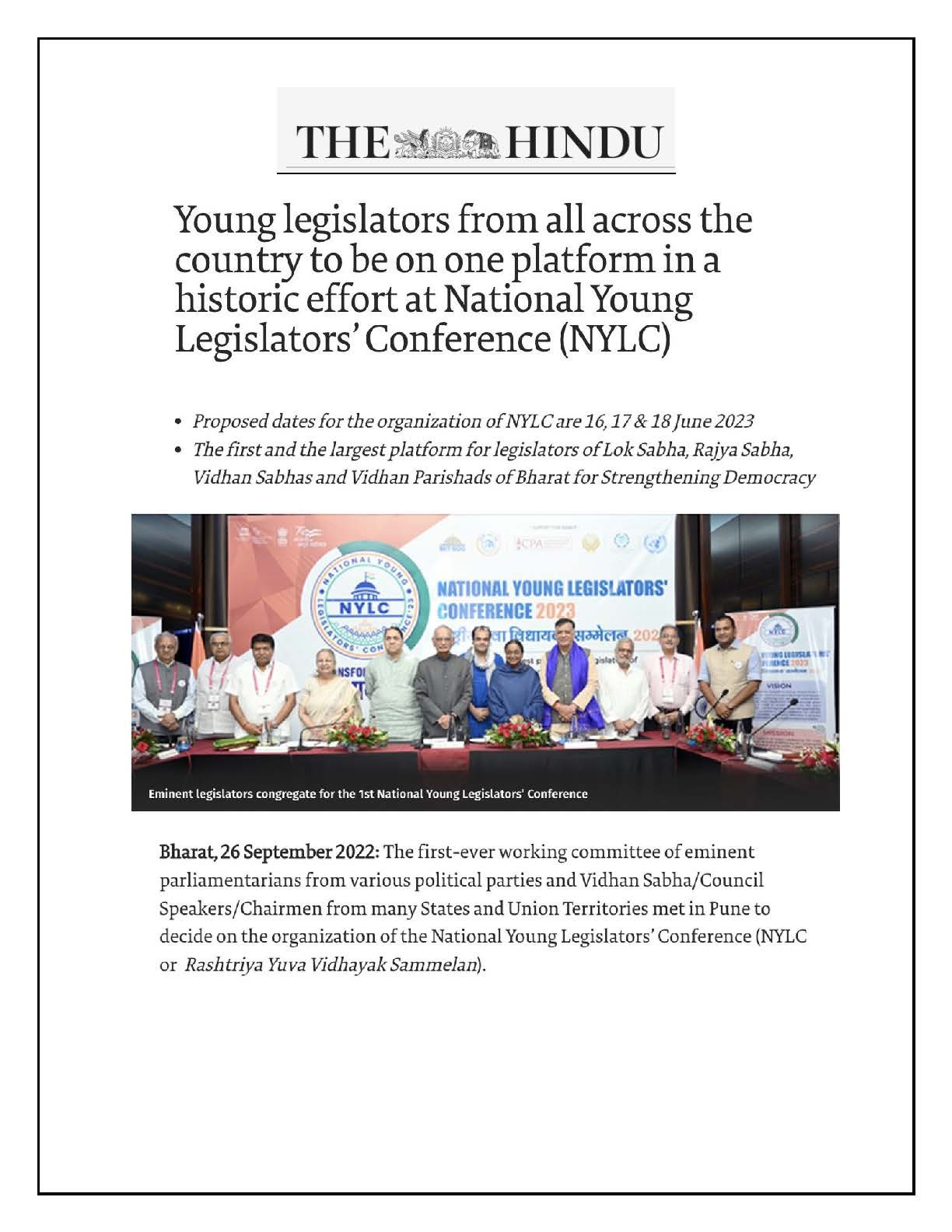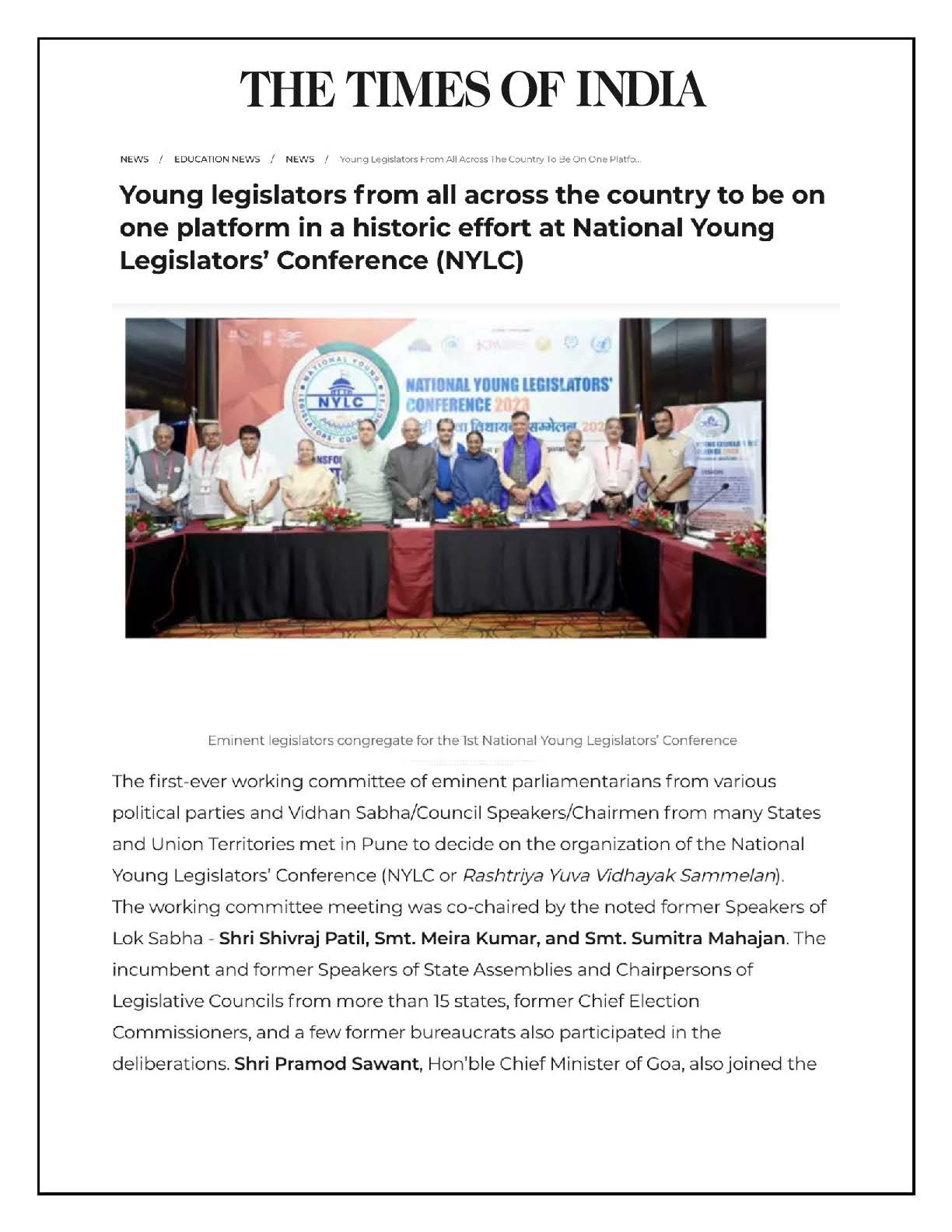Legislature is one of the key cornerstones of democracy. Its efficient and effective operation is essential to the state’s progress. Bharat’s democracy has undergone significant growth and has undoubtedly come a long way. However, questions have been abound regarding the efficiency of the legislature along with its performance. The Chief Justice of India recently expressed his dissatisfaction with the “lack of discussion in legislative assemblies” and the “sorry state of affairs” of the current legislature.
Legislatures face numerous challenges. However, the most crucial one is productivity.
Frequent disruptions and a lack of proper discussions have diminished productivity and efficiency substantially. Due to repeated disruptions, legislative sessions are the least productive over the last 5 years. For instance, in pre-2020, an evaluation by PRS showed that 19 State Assemblies (representing 90% population) met for an average of 29 days a year. In 2020, they met for an average of just 18 days. For the crucial bills to pass, there is an urgent need to impose order, discipline, set sitting hours, and engage in productive debates. For instance, Bibek Debroy notes, “In 2020, 59% of the Bills were passed on the same day that they were introduced in the legislature. A further 14% were passed within a day of being introduced.”
Over the years, there has been minimal female presence in politics. Today, less than 30% of Lok Sabha members are women. In State legislatures, this number is even more upsetting. Marginalized populations, a lack of diversity, and a lack of representation have contributed to the unequal distribution of the State legislatures in India. Due to population diversity, there is a critical need for diversity in representation to comprehend the socio-economic contexts of various populations and address their challenges with the right guidance and knowledge. The challenges may be addressed and balanced decisions that take into account the opinions of many communities can be made when more chances are provided and inclusion for women and marginalized communities is promoted in the State Legislature. This obstacle can be improved by raising public knowledge of concerns relating to equitable representation and the advancement of women in politics.
With such a broad, ethnic, and multilingual society, it becomes more and more challenging for political leaders with drastically divergent ideas to collaborate and expedite the legislative process. For leaders to have a mutual understanding and respect for one another, there is a need for lawmakers to engage in dialogue and inter-party communication should be improved. The country’s legislators can collaborate more effectively and learn from one another if they hold frequent inter-party meetings and act with civility.
In the parliamentary system, it is vital to increase accountability and transparency. The public has a significant impact on how democratic decisions are made. Information on bills and the activities of the House is crucial for public scrutiny. For the public to have faith in the government and for the stability of the nation, artificial intelligence can play a critical role. In Indonesia, a systematic Post-Legislative Scrutiny (PLS) system has been implemented and its findings are used to plan the upcoming legislative agenda and to decide whether a particular piece of law needs to be repealed or amended. During the pandemic, Bahrain created a set of Al-powered tools like speech-to-text for legislative reporting (based on the Bahraini dialect), live captioning of online streamed footage, and a chatbot for document searches. The Council is also creating more chatbots for legal advice and library users. In Italy, the Senate’s IT department has created several document management and automation applications. As part of an experiment, a new AI-powered amendment management system was put in place to deal with filibustering.
The National Legislators’ Conference Bharat seeks to advance civility, compromise, and conversation in addition to fresh ideas on governance, service delivery, and integration of technology. This conference will help address the aforementioned concerns because it will bring together leaders from throughout the nation, from various political parties and backgrounds. Legislators can work on the these issues by developing a set of long-term objectives as they engage in constructive debate and conversation, which helps to ease tension amongst leaders.
